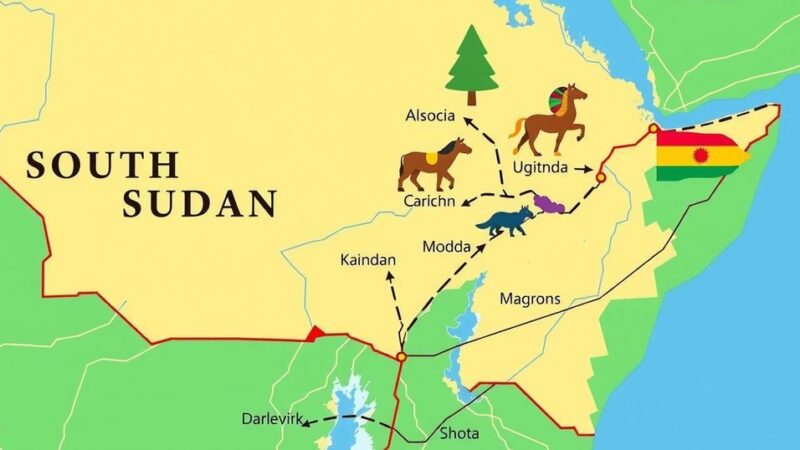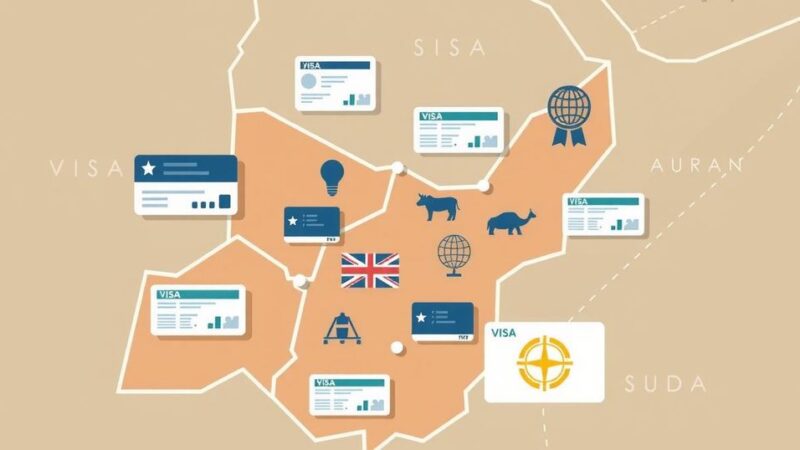The Torkham border crossing between Pakistan and Afghanistan has reopened after nearly a month, allowing for the resumption of trade and movement. The closure, initiated by Pakistan due to Afghan construction activities, led to significant economic losses. Officials have emphasized the need for both nations to separate political issues from trade to strengthen ties amidst ongoing tensions.
The Torkham border crossing between Pakistan and Afghanistan reopened on Wednesday after nearly a month of closure, marking a significant resumption of trade. The border was shut on February 21 by Pakistani authorities in response to Afghan development activities along the border, which suspended movement and trade between the two countries.
The Torkham crossing is a critical transit point for goods and travelers, with trade exceeding $1.6 billion in 2024, according to data from Pakistan’s foreign office. Naheed Khan, a senior police official in Khyber district, confirmed the reopening of the gate for transport.
Hazrat Nabi Toor, an Afghan customs agent, also verified that trucks are now able to move to and from Afghanistan. Additionally, Hajji Hikmatullah, the Torkham gate commissioner for Afghanistan, emphasized the importance of reopening the crossing for stranded trucks and called for a strategic separation of business and politics between the two nations.
Asghar Ali, a Pakistani customs agent, expressed relief as hundreds of vehicles began transporting goods such as vegetables and fruits toward the border following the announcement. He noted that the border closure had significant financial repercussions for traders, stating that “this border closure inflicted millions of dollars of losses on businessmen.”
Past incidents of border clashes have previously led to closures at key crossings, disrupting trade and movement. Last month’s Torkham closure resulted in skirmishes between border forces that injured three Pakistani civilians. The reopening comes amidst tense relations between Kabul and Islamabad, particularly concerning allegations of militant activity linked to Afghanistan.
Pakistan has frequently accused the Afghan government of providing refuge to militants who carry out attacks across the border, a claim that Afghan officials deny, insisting that Pakistan address its internal security challenges.
The reopening of the Torkham border crossing signals a crucial step toward revitalizing trade and travel between Pakistan and Afghanistan after nearly a month of disruption. This development highlights the need for both countries to work collaboratively, separating economic interests from political tensions to foster stability and mutual growth. Continued dialogue and cooperation are essential to preventing future conflicts and enhancing security in the region.
Original Source: www.arabnews.pk






